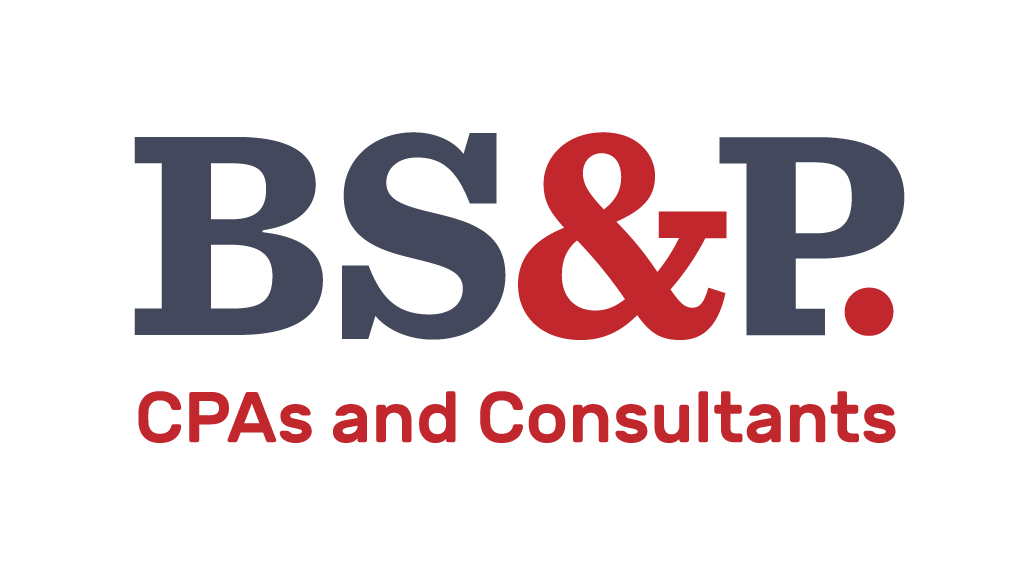The Small Business Administration (SBA), in consultation with the Department of the Treasury, intends to provide additional guidance to address borrower and lender questions concerning the implementation of the Paycheck Protection Program (PPP), established by section 1102 of the Coronavirus Aid, Relief, and Economic Security Act (CARES Act or the Act). They are providing this guidance in the form of Frequently Asked Questions. Here are a few of the more recent Frequently Asked Questions in addition to the FAQs we emailed clients on April 24th. The information provided does not, and is not intended to, constitute legal advice; instead, all information, content, and materials are for general informational purposes only.
31. Question: Do businesses owned by large companies with adequate sources of liquidity to support the business’s ongoing operations qualify for a PPP loan?
Answer: In addition to reviewing applicable affiliation rules to determine eligibility, all borrowers must assess their economic need for a PPP loan under the standard established by the CARES Act and the PPP regulations at the time of the loan application. Although the CARES Act suspends the ordinary requirement that borrowers must be unable to obtain credit elsewhere (as defined in section 3(h) of the Small Business Act), borrowers still must certify in good faith that their PPP loan request is necessary. Specifically, before submitting a PPP application, all borrowers should review carefully the required certification that “[c]urrent economic uncertainty makes this loan request necessary to support the ongoing operations of the Applicant.” Borrowers must make this certification in good faith, taking into account their current business activity and their ability to access other sources of liquidity sufficient to support their ongoing operations in a manner that is not significantly detrimental to the business. For example, it is unlikely that a public company with substantial market value and access to capital markets will be able to make the required certification in good faith, and such a company should be prepared to demonstrate to SBA, upon request, the basis for its certification.
Lenders may rely on a borrower’s certification regarding the necessity of the loan request. Any borrower that applied for a PPP loan prior to the issuance of this guidance and repays the loan in full by May 7, 2020 will be deemed by SBA to have made the required certification in good faith.
37. Question: Do businesses owned by private companies with adequate sources of liquidity to support the business’s ongoing operations qualify for a PPP loan?
Answer: See response to FAQ #31.
39. Question: Will SBA review individual PPP loan files?
Answer: Yes. In FAQ #31, SBA reminded all borrowers of an important certification required to obtain a PPP loan. To further ensure PPP loans are limited to eligible borrowers in need, the SBA has decided, in consultation with the Department of the Treasury, that it will review all loans in excess of $2 million, in addition to other loans as appropriate, following the lender’s submission of the borrower’s loan forgiveness application. Additional guidance implementing this procedure will be forthcoming.
The outcome of SBA’s review of loan files will not affect SBA’s guarantee of any loan for which the lender complied with the lender obligations set forth in paragraphs III.3.b(i)-(iii) of the Paycheck Protection Program Rule (April 2, 2020) and further explained in FAQ #1.
40. Question: Will a borrower’s PPP loan forgiveness amount (pursuant to section 1106 of the CARES Act and SBA’s implementing rules and guidance) be reduced if the borrower laid off an employee, offered to rehire the same employee, but the employee declined the offer?
Answer: No. As an exercise of the Administrator’s and the Secretary’s authority under Section 1106(d)(6) of the CARES Act to prescribe regulations granting de minimis exemptions from the Act’s limits on loan forgiveness, SBA and Treasury intend to issue an interim final rule excluding laid-off employees whom the borrower offered to rehire (for the same salary/wages and same number of hours) from the CARES Act’s loan forgiveness reduction calculation. The interim final rule will specify that, to qualify for this exception, the borrower must have made a good faith, written offer of rehire, and the employee’s rejection of that offer must be documented by the borrower. Employees and employers should be aware that employees who reject offers of re-employment may forfeit eligibility for continued unemployment compensation.
The complete list of Frequently Asked Questions can be found at: https://home.treasury.gov/
Please contact our firm with any questions specific to your company.
